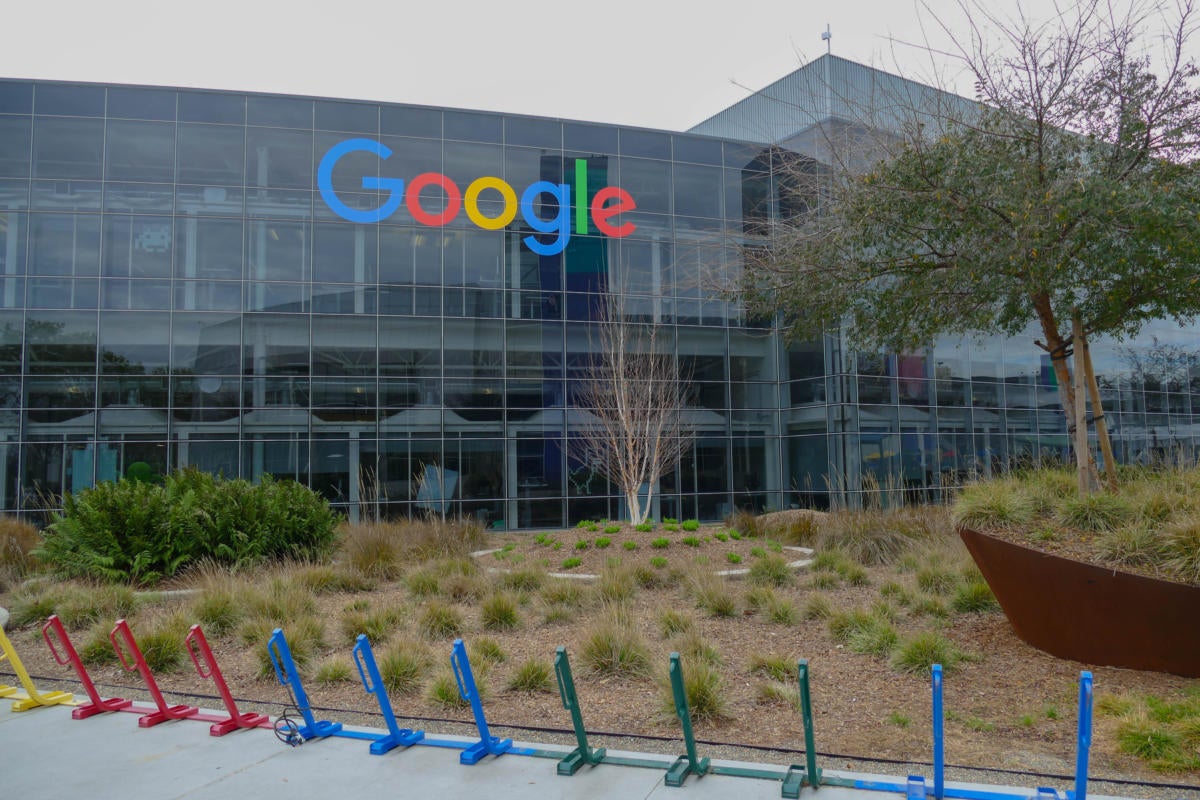The largest antitrust action since the turn-of-the-century Microsoft case is headed to trial today, as the federal government and a group of state attorneys general challenge Google’s dominance in search.
Google is specifically accused of creating a monopoly through the use of exclusivity contracts with device manufacturers and software providers — deals, in short, that make Google the default search engine for a given device or platform. The overall effect of those numerous deals, according to the government’s complaint, has been to artificially deny access to the search engine market to rivals, creating an effective monopoly.
The complaint, which was filed in October 2020 in the federal district court in Washington, D.C., further alleged that the exclusive contracts were used not just to broaden the use of its products, but to explicitly exclude competitors from chipping away at Google’s dominant market share in search.
“To preserve its dominance, Google has developed economic models to measure the ‘defensive value’ of foreclosing search rivals from effective distribution, search access points, and ultimately competition,” the government stated. “In sum, Google, deprives rivals of the quality reach, and financial position necessary to mount any meaningful competition to Google’s longstanding monopolies.”
What to expect in the Google antitrust case
To prove its case, the Department of Justice (DOJ) is likely to call witnesses from Google’s competitors, which is a common, well-worn technique in antitrust actions, according to David Olson, an associate professor at Boston College Law School.
“They’ll likely complain that the default placement of Google and the lock-in effect of that really hurt them,” he said. “And well, yeah, they don’t like Google, they’re competitors, so you have to take that with a grain of salt.”
The government, however, does have more potential sources of harmful testimony to Google — including Google itself, which may have made internal statements confirming the type of anticompetitive behavior covered by the lawsuit.
“When I teach antitrust, I tell students that the place you want to go for discovery is the sales and marketing people,” Olson said. “Sales and marketing people have a tough job, and they’re very rah-rah and they have to, you know, hype themselves up — so they will say things that sound terrible to an antitrust lawyer.”
Hance, the government can be expected to produce internal documents from Google that it will argue are “very damaging,” according to Olson.
What happens if the government wins against Google?
Surprisingly, nothing earthshaking will happen to Google itself if the government’s action succeeds, according to Vanderbilt University Law School associate dean Rebecca Haw Allensworth.
“This is a lawsuit against the use of these contracts, and the logical remedy is just ‘You can’t do these kinds of…
2023-09-12 19:24:02
Link from www.computerworld.com rnrn
